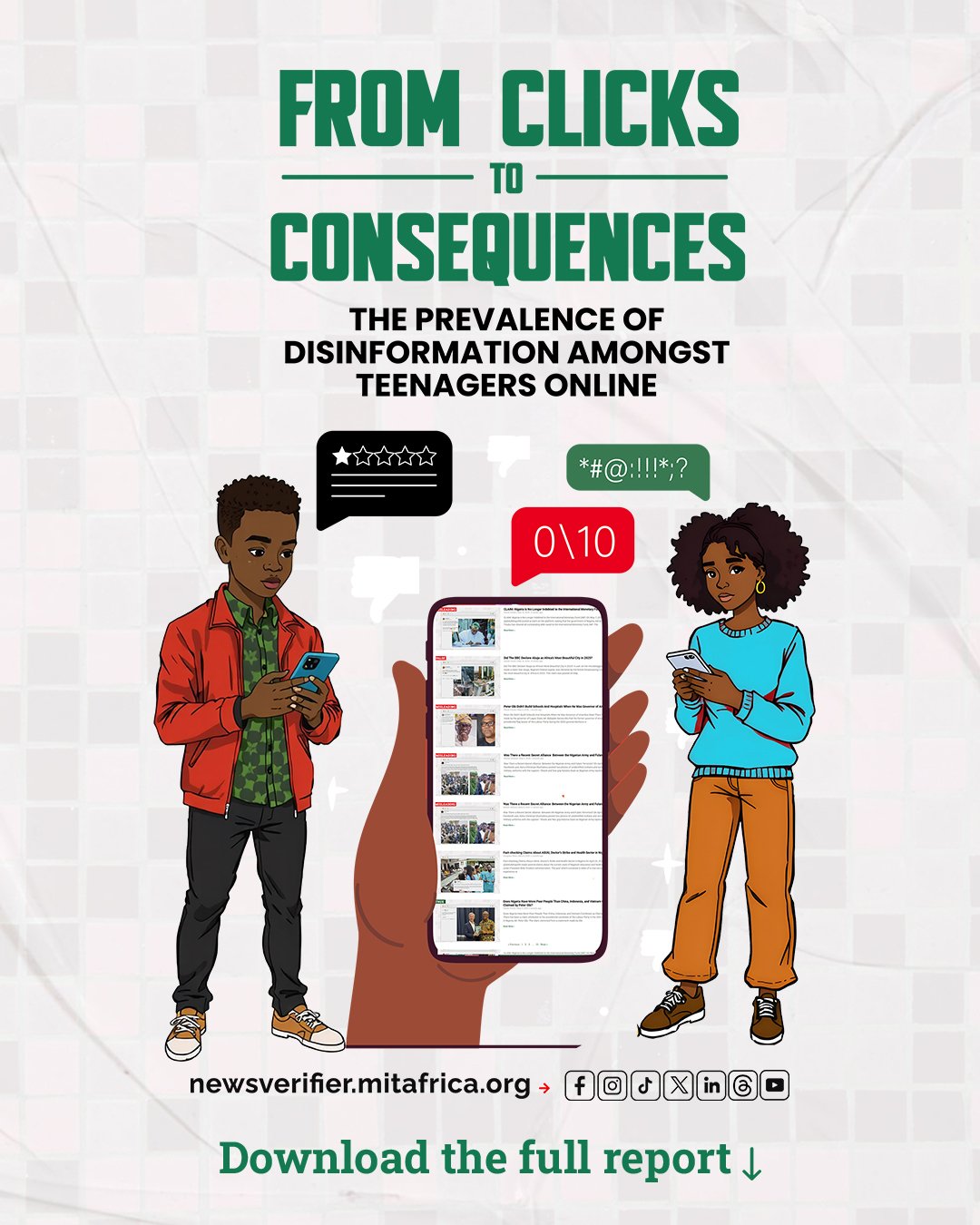Executive Summary
Teenagers are particularly susceptible to misinformation due to their reliance on peer-shared content, underdeveloped media literacy, and ongoing cognitive development. Multiple studies confirm that a high percentage of teenagers unknowingly engage in spreading misinformation or struggle to identify it.
This is dangerous. The spread of misinformation among teens can have serious consequences across health, education, personal relationships, and beyond. It also erodes their trust in institutions, science, and reliable information sources which in turn weakens their critical thinking, growth and civic engagement.
This policy brief aims to explore the role teenagers play in the spread of misinformation and how it affects their general well being, and offers actionable recommendations to address this growing challenge. Addressing misinformation among teenagers is not only a matter of education, it is a public health and societal priority. Equipping young people with the tools to think critically and use the internet responsibly is an essential investment in our collective future.
From Clicks to Consequences: The Prevalence of Disinformation Amongst Teenagers Online (367 downloads )
Leave a Reply